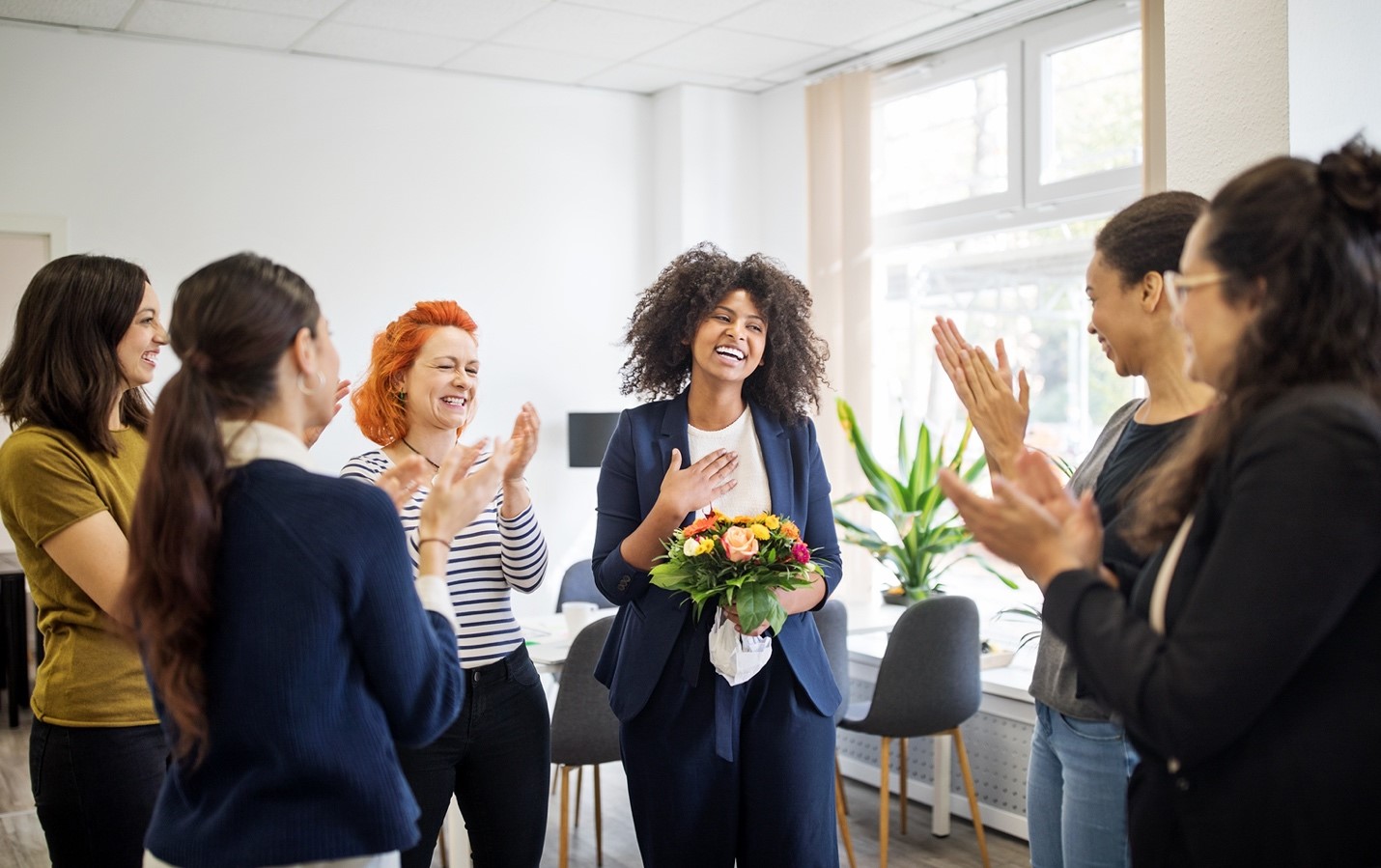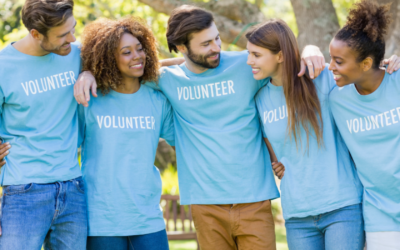By: Stacey Inal, Licensed Marriage Family Therapist, MA, MBA, PMH-C
The challenges of making or maintain friendships during the pandemic
For many people, it has been challenging to sustain friendships through the pandemic due to isolation protocols, changing work demands, and those who have children. Our routines and schedules have changed dramatically. Where there was once free time to spend time on the phone catching up with loved ones or meeting up with a friend has been replaced by new demands from work and family life. We already lived in a society where free time was precious and after the pandemic, that time has been taken up by new types of chores, work deadlines, and managing a much different household. This is especially true for families with school-aged children. There has not been much extra time or energy available outside of primary functioning and even survival.
Friendships help us get through difficult moments in our life or times of high stress
During peak stress times, a natural instinct is to turn inward and go into self-preservation mode. With this comes isolation, often followed by an increase in anxiety, shame, guilt, and depressive symptoms. Stressful times can cause the limbic system in the brain to go into survival mode. This part of the brain is responsible for emotional and behavioral responses. Good friends have a way of helping us not feel so alone.
Laughter, shared experiences and supporting one another can increase our happiness. This can help relive stress.
Friendships have been helpful in boosting resiliency in people during the pandemic
Friendships have been pivotal in helping increase resiliency and tolerance during the pandemic. So often, friends can normalize experiences and offer each other support. As resiliency researcher Elliot Friedman says, “The availability of social support in all its forms—instrumental support, emotional support, support with how you think about things—they all matter and help us in facing challenge.” Friedman went on to say, “There are a lot of ways to consider what resiliency means; but there’s no question that social relationships are important for health and if you stack having few social relationships against other risk factors—like smoking and obesity—not being socially connected is as strong a risk factor for death.” We are social creatures and meant to be with others.
Friendships help couples as well during times of collective trauma
During the pandemic, many couples were cut off from extended family and friends due to the location of where they resided. This cut-off was very stressful and painful for many couples. The collective trauma of Covid is worldwide. Creative outlets like having Zoom cocktail hour or online game nights helped bring some normalcy and connection to those facing lockdowns in their areas. During the height of the pandemic, my husband and I began a daily ritual of walking around our neighborhood to deal with the stress. From this routine, we began meeting other neighbors out walking. We built friendships that would have otherwise not occurred. It helped to hear their stories, struggles, and coping strategies during the pandemic.
Tips for making friends during and after the pandemic
During the pandemic, there are many ways to make new friendships. This includes taking classes online, pursuing an interest that you have put off, or even seeking out friends in your neighborhood or local area. Nowadays with apps like NextDoor, MeetUp, and Facebook community pages, you can find people with similar interests. You can even start a new group with a hobby and interest. Right now, many people are seeking friendships and connections after having that taken away for such a long time.
Reconnecting with old friends during and after the pandemic
If you miss a childhood friend or a friend that you lost touch with, reach out and contact them. Dust off your old address book or even go into Facebook to see if you can find them. You can write a letter, send an email or call an old friend. I can guarantee you this is the time when others are seeking the same thing. For those that lost loved ones during COVID, it has been a particularly hard time. You may be the person to remind them of happier times and memories.
Tips to turn acquaintanceships into friendships
Small children are the best at this. On a playground, a child may see another child playing with toys or in an area that interests them. Typically, that child will go over, introduce themselves and ask them if they want to play. Sometimes they will even ask the other child to be their friend during the process. It is quite beautiful. Somewhere along the way, we lose that “living in the moment” feeling and often confidence drops to the wayside. As adults, we still are attracted to people with similar interests, yet sometimes we lack the confidence to share ourselves with potential friends. Have courage and speak up when you meet someone you like. The best way to make a new friend is by being direct, expressing what you like about them, and asking them if they have any interest in doing something together at a future time. You can arrange for a phone call, Zoom meeting, or even a get-together at a local outdoor coffee shop. The worst thing that can happen is they say no and you move on to the next person!
Friendships can help combat pandemic-created loneliness
Friendships can absolutely combat pandemic-created loneliness. Loneliness has been on the rise since 2015. Even though we have social media to connect us, we are lacking that one-to-one experience that is crucial to our mental and physical overall wellbeing. We know that friendship can help reduce anxiety, depression, and stress. Friendship can improve your mental health and your physical health.
Over the last two years, people have felt very alone in their negative thoughts and feelings. They feel ashamed of not being able to “cope” as well as they perceive everyone around them is. The fact is that everyone was negatively impacted to some degree by the pandemic. Mental health issues are at their all-time high among most age groups. It is important that people do not feel alone. It is imperative that we as humans, connect to others to help feel safe and secure. It is a primal need. Look for opportunities to deepen your social connection and you will see that your life will be happier and more fulfilling.





